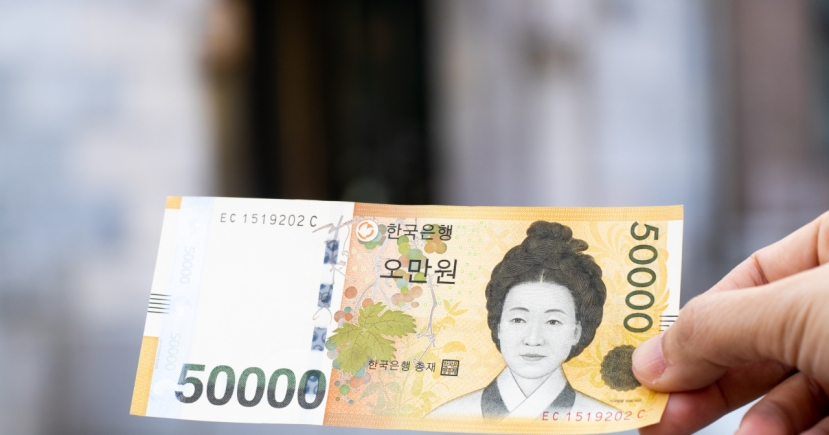Economy
Korea’s GDP to include digital sharing economy from 2019: BOK
[THE INVESTOR] With the rapid emergence of new platforms that enable peer-to-peer transactions, such as Airbnb and Uber, South Korea will start reflecting the digital sharing economy in its gross domestic product from March, 2019, the Bank of Korea said on May 29.
While existing digital transactions such as e-commerce and the trade of digital content are already included in the current GDP, unregistered Airbnb service providers have not been reflected in Korea, the BOK said.
“The first (GDP) figure that reflects the digital sharing economy will be (revealed) March 2019, when the BOK is scheduled to revise the base year to 2015,” said Kim Hyun-jung, head of the BOK’s national account research section.
“As we have to follow international standards, we will make changes according to how they will change,” she said.
The central bank’s move is in line with other international organizations such as the Organization for Economic Cooperation and Development that have begun discussing whether the current measurement of GDP is able to collect data on the growing digital sharing economy.
In Korea, about 1,400 households were registered as “urban lodging business providers” as of the end of 2016. However, private homes offering short-term lodging through online platforms like Airbnb are estimated to be “much more than that,” the BOK said.
Currently, such unregistered private lodging service providers are thought to produce about 0.005 percent of the nominal GDP per year, or 81.9 billion won, according to Kim.
Uber -- a ride sharing service by private drivers -- is basically banned in Korea, except for taxi license holders who provide a premium taxi service called Uber Black. Uber Black and car-riding service providers are already being measured under the GDP.
Free digital services such as search engine Google and video-sharing site YouTube currently contribute their ad revenues to GDP, while nonprofit services such as Wikipedia are not included in GDP, the bank said.
The BOK plans to study the nation’s digital-sharing economy from the third quarter, and develop calculation methods to measure them by the first half of 2018.
By Kim Yoon-mi/The Korea Herald (yoonmi@heraldcorp.com)
While existing digital transactions such as e-commerce and the trade of digital content are already included in the current GDP, unregistered Airbnb service providers have not been reflected in Korea, the BOK said.
“The first (GDP) figure that reflects the digital sharing economy will be (revealed) March 2019, when the BOK is scheduled to revise the base year to 2015,” said Kim Hyun-jung, head of the BOK’s national account research section.
“As we have to follow international standards, we will make changes according to how they will change,” she said.
The central bank’s move is in line with other international organizations such as the Organization for Economic Cooperation and Development that have begun discussing whether the current measurement of GDP is able to collect data on the growing digital sharing economy.
In Korea, about 1,400 households were registered as “urban lodging business providers” as of the end of 2016. However, private homes offering short-term lodging through online platforms like Airbnb are estimated to be “much more than that,” the BOK said.
Currently, such unregistered private lodging service providers are thought to produce about 0.005 percent of the nominal GDP per year, or 81.9 billion won, according to Kim.
Uber -- a ride sharing service by private drivers -- is basically banned in Korea, except for taxi license holders who provide a premium taxi service called Uber Black. Uber Black and car-riding service providers are already being measured under the GDP.
Free digital services such as search engine Google and video-sharing site YouTube currently contribute their ad revenues to GDP, while nonprofit services such as Wikipedia are not included in GDP, the bank said.
The BOK plans to study the nation’s digital-sharing economy from the third quarter, and develop calculation methods to measure them by the first half of 2018.
By Kim Yoon-mi/The Korea Herald (yoonmi@heraldcorp.com)






![[KH Explains] Korean shipbuilding stocks rally: Real growth or bubble?](http://res.heraldm.com/phpwas/restmb_idxmake.php?idx=151&simg=/content/image/2024/04/25/20240425050656_0.jpg)
![[Hello India] Hyundai Motor vows to boost 'clean mobility' in India](http://res.heraldm.com/phpwas/restmb_idxmake.php?idx=151&simg=/content/image/2024/04/25/20240425050672_0.jpg)
